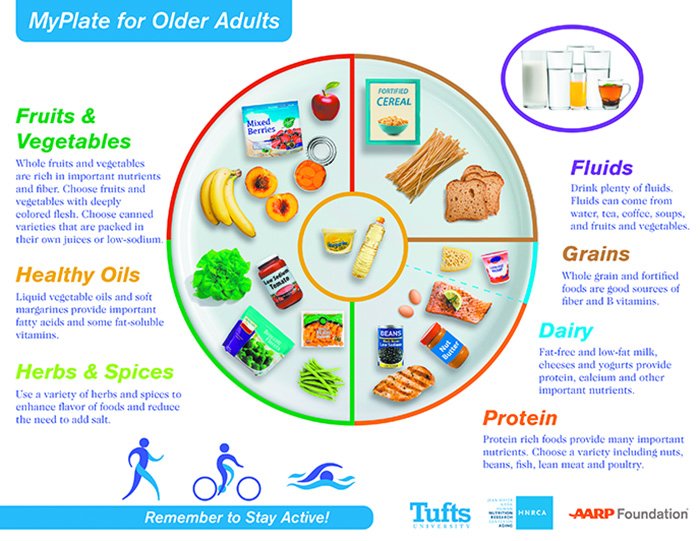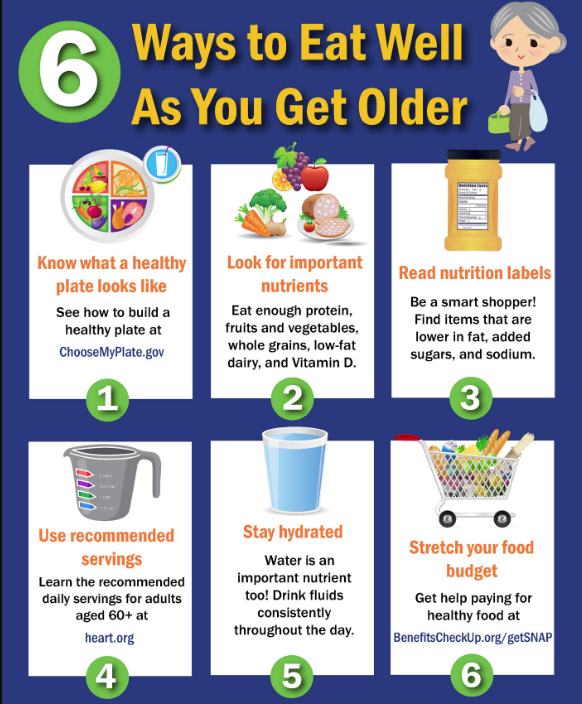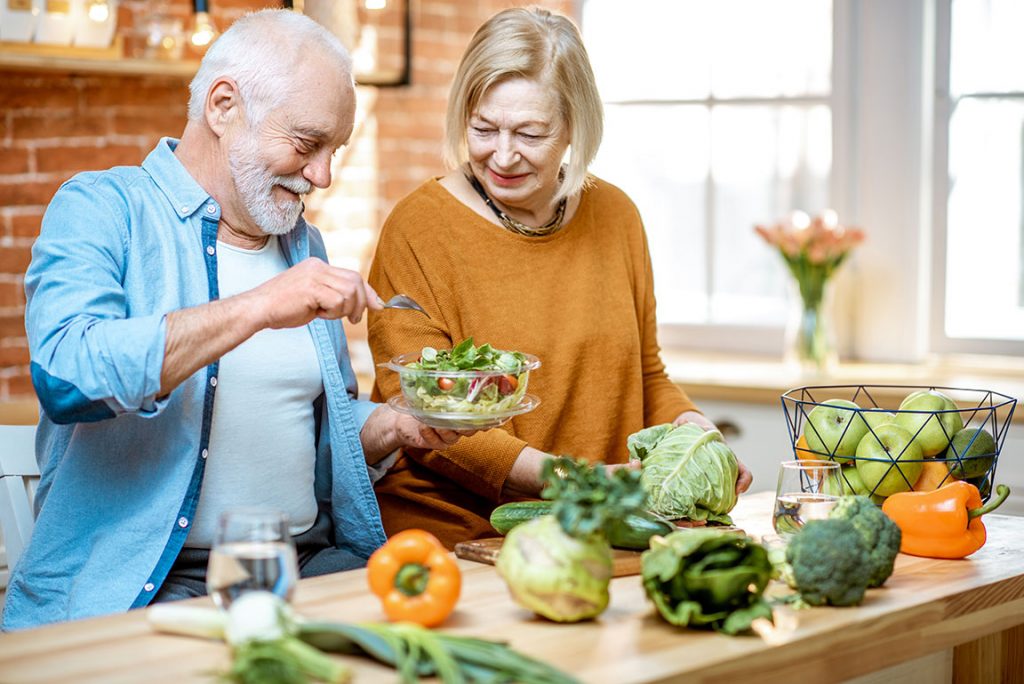A Guide to a Healthy Diet for the Elderly
As we age, maintaining a healthy diet becomes increasingly vital for overall well-being and quality of life. Proper nutrition plays a crucial role in supporting senior citizens’ physical and mental health, enhancing their immune systems, reducing the risk of chronic diseases, and improving their energy levels. In this article, we will explore the essential components of a healthy diet for the elderly, providing valuable insights to help seniors make informed choices and embrace a fulfilling and nutritious lifestyle.
- Prioritize Nutrient-Dense Foods
As we age, our metabolism slows down, and our bodies require fewer calories. Consequently, it becomes essential to focus on nutrient-dense foods that provide a high concentration of vitamins, minerals, and other essential nutrients without excess calories. Include a variety of colorful fruits, vegetables, whole grains, lean proteins, and healthy fats in the diet to ensure a well-rounded nutritional intake.
- Adequate Hydration
Staying hydrated is crucial for seniors to maintain proper bodily functions. Dehydration can lead to a host of health issues, including kidney problems, constipation, and confusion. Encourage elderly individuals to drink water regularly and consider incorporating hydrating foods like watermelon, cucumber, and soups into their daily meals.
- Embrace Fiber-Rich Foods
Fiber is a vital component of a healthy diet, especially for seniors. It aids in digestion, promotes heart health, and helps regulate blood sugar levels. Encourage the consumption of whole grains, fruits, vegetables, nuts, and seeds to meet daily fiber requirements and improve digestive health.
- Monitor Sodium Intake
As individuals age, their sensitivity to sodium may increase, making them more susceptible to high blood pressure and related health issues. Minimize the consumption of processed and salty foods, and instead, use herbs, spices, and natural seasonings to enhance the flavor of dishes.
- Protein for Muscle Health
Maintaining muscle mass is crucial for seniors to support mobility and independence. Protein-rich foods, such as lean meats, poultry, fish, eggs, dairy, legumes, and plant-based sources like tofu and quinoa, are essential for preserving muscle health and promoting tissue repair.
- Calcium and Vitamin D for Bone Health
With advancing age, the risk of osteoporosis and bone fractures increases. Calcium and vitamin D play pivotal roles in bone health. Incorporate dairy products, fortified plant-based milk, leafy greens, and fatty fish into the diet to ensure adequate calcium and vitamin D intake.
- Healthy Fats for Brain Health
Healthy fats, such as omega-3 fatty acids found in fish, flaxseeds, chia seeds, and walnuts, are essential for brain health. They help reduce inflammation and support cognitive function, potentially lowering the risk of cognitive decline.
- Regular Meals and Portion Control
Elderly individuals should aim to have regular meals throughout the day to maintain energy levels and avoid excessive hunger. Encourage portion control to prevent overeating, as seniors typically require fewer calories than younger individuals.
- Consider Dietary Restrictions and Health Conditions
Each senior may have specific dietary restrictions or health conditions that should be taken into account. For instance, those with diabetes, heart disease, or food allergies may require tailored meal plans. Consulting with a healthcare professional or a registered dietitian can be beneficial in creating a personalized diet that meets individual needs.

A healthy diet is the cornerstone of a vibrant and fulfilling life in one’s golden years. By prioritizing nutrient-dense foods, staying hydrated, consuming fiber-rich meals, and paying attention to specific nutrient needs, seniors can bolster their physical and mental well-being. Embracing a balanced and nourishing diet will undoubtedly enhance their quality of life, ensuring they age gracefully with vitality and vigor.
Estadística
Senior Nutrition
Eating well is the basis for a more healthy and vibrant life. Nutrition can benefit the elderly in many ways including; managing illness (diabetes, hypertension and arthritis), mood and mental well being, muscle strength and mobility, digestive health, heart health and supporting a strong immune system. Here is what a healthy plate looks like.





